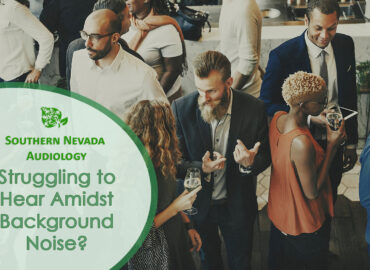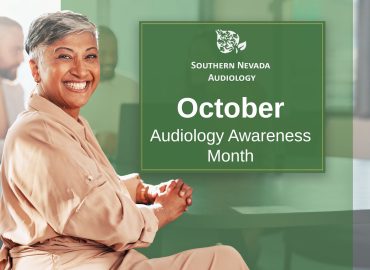Essential Summer Tips for Hearing Aid Care
Summer is a season of fun and adventure, but it can be challenging for hearing aid users due to the sensitivity of these devices to heat and moisture. The combination of hot, humid weather and outdoor activities like beach outings and swimming increases the risk of damage. Intense heat can impact the internal components, casing, and batteries of hearing aids, while moisture can compromise their performance and longevity.
However, you can still enjoy the season by taking a few precautions to protect your hearing aids. Here are some essential tips to keep your devices safe while you soak up the sunshine and enjoy your summer activities.
Tips to Keep Your Hearing Aids Safe This Summer
Remove Your Hearing Aids for Swimming
Cooling off in a swimming pool or the ocean is refreshing, but water can damage your hearing aids. Always remove them before swimming, snorkeling, or paddling in the sea. Store your hearing aids in a safe, secure container, and keep the container out of direct sunlight to prevent heat damage.
Keep Your Hearing Aids in a Cool, Dry Place
When you remove your hearing aids, place them in a suitable case in a dry, cool location. Avoid leaving them on surfaces exposed to direct sunlight or moisture. For example, if you’re sunbathing at a resort, put your hearing aids in a container within your bag in the shade or take them back to your room.
Apply Sun Lotion Before Putting Your Hearing Aids In
Sun lotion helps protect your skin, but it can clog your hearing aids and affect their performance. Apply sunscreen before inserting your hearing aids to reduce the risk of lotion getting into the components. The same rule applies to insect repellent.
Clean and Disinfect Your Hearing Aids Frequently
Summer means more time outdoors exploring forests, lakes, parks, and beaches. After outdoor activities, it’s essential to clean and disinfect your hearing aids regularly. When you return home, wipe them down, check the parts, and use disinfectant wipes to ensure they are clean before placing them back in your ears.
Use a Dehumidifier
Frequent transitions between warm, humid outdoor environments and cool, air-conditioned spaces can cause sweating and condensation in your hearing aids. Using a dehumidifier helps remove moisture from the air, protecting your devices from damage.
Use Hearing Aid Covers
If you have behind-the-ear (BTE) hearing aids, consider using covers in the summer. These covers or sheaths protect the devices from dirt, sweat, dust, and moisture.
Take Your Hearing Aids Out for Adventurous Activities
Summer is ideal for adventurous activities like visiting theme parks, surfing, river rafting, or rock climbing. During such activities, it’s best to remove your hearing aids to prevent them from coming loose and falling out.
Summer is a fantastic time of year but presents specific challenges for hearing aid users. Protect your hearing aids from heat and moisture by storing them in a cool, dry place, reducing exposure to sunlight, using a dehumidifier, and keeping them clean.
By following these tips, you can enjoy all that summer has to offer without compromising the performance and longevity of your hearing aids.
Please schedule your hearing assessment / checkup with Southern Nevada Audiology today! Learn more about the advancements in modern hearing aids.










